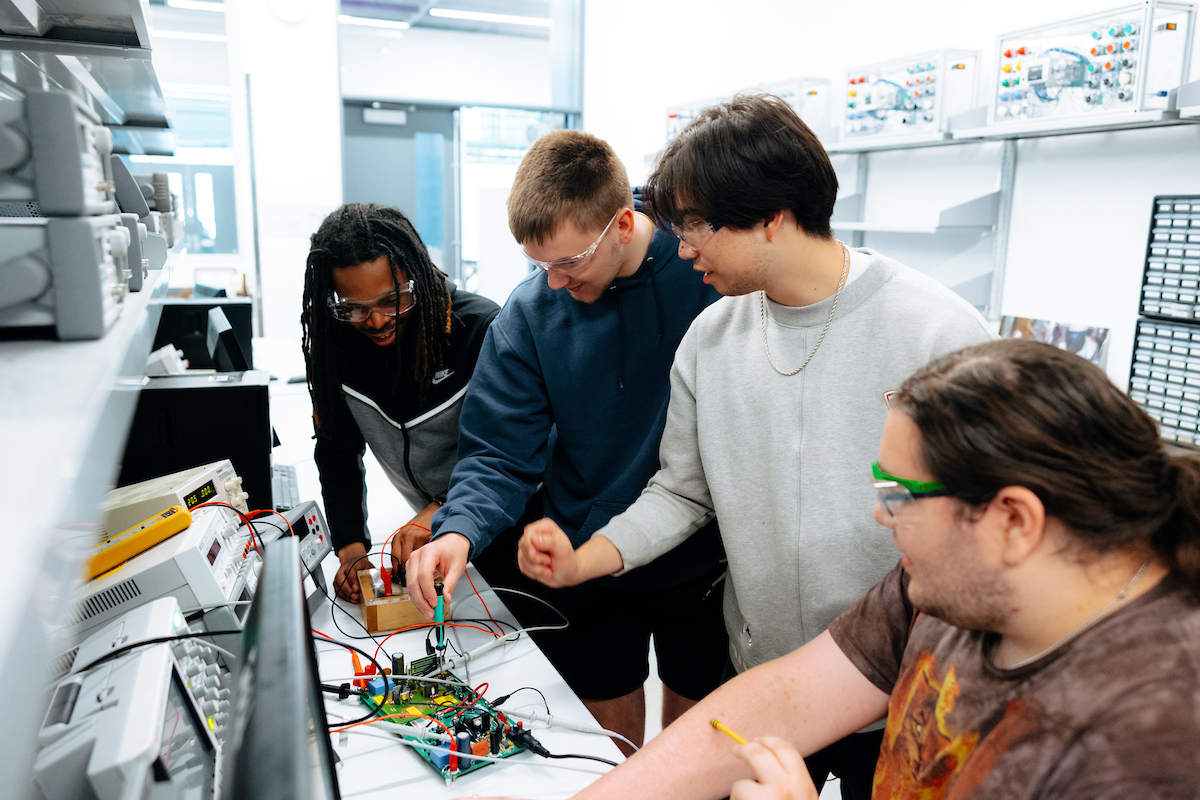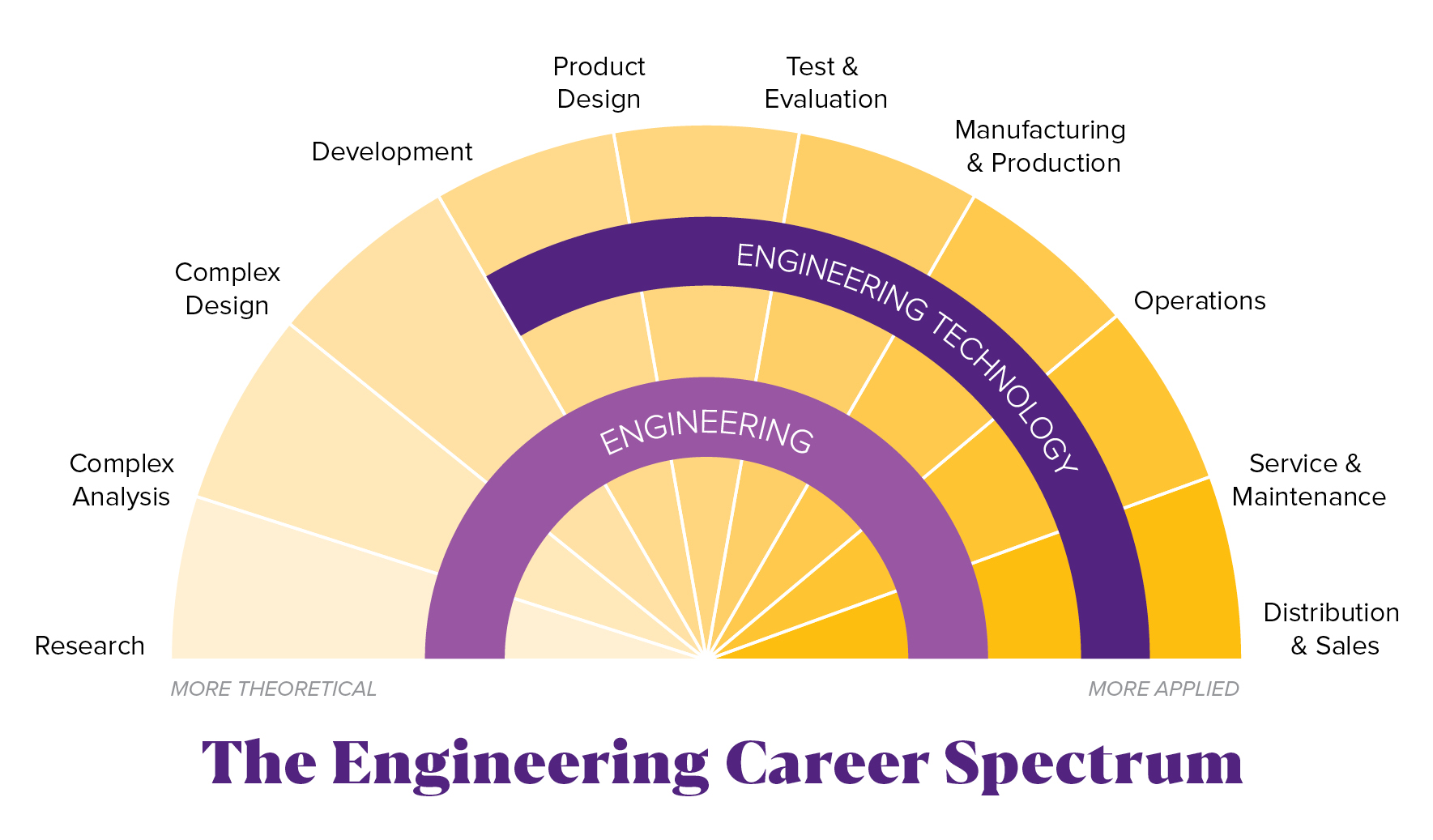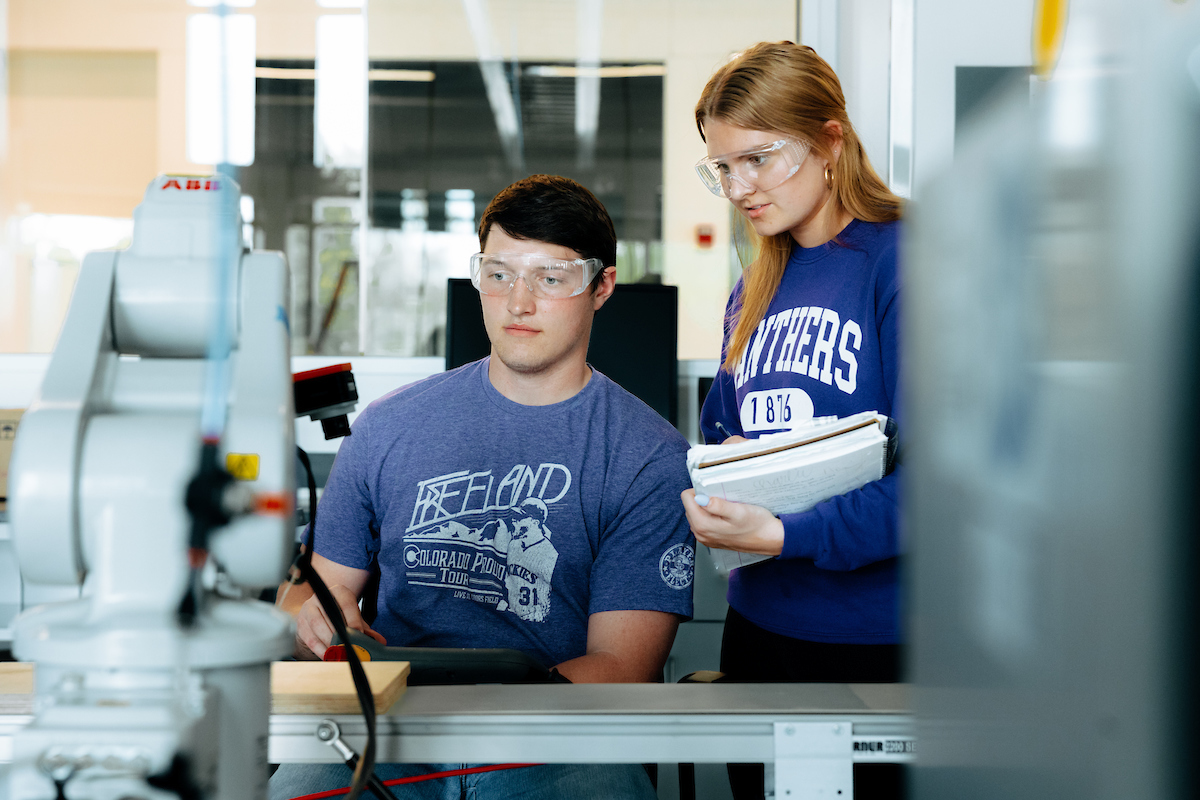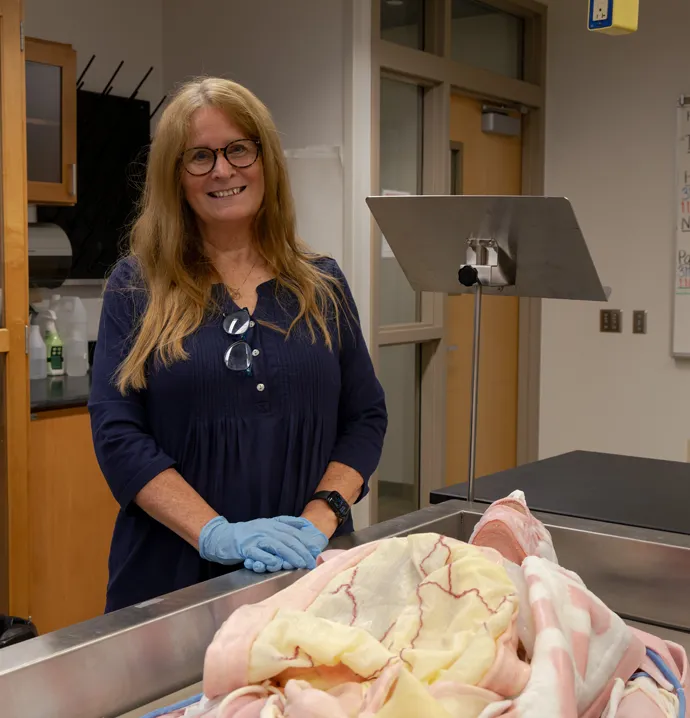Thinking of becoming an engineer? Here’s what you need to know!
Thinking of becoming an engineer? Here’s what you need to know!

Engineering plays a vital role in shaping the world around us, from innovative technology to essential infrastructure. Before entering any profession, it’s always a good idea to learn as much as you can. So what is engineering? Here is an overview of how to become an engineer and what to expect from studying and working in engineering.
What is engineering?
If you’re like a lot of people, you might have a vague idea of what it means to be an engineer. But what is engineering exactly?
Engineering is innovation powered by math, science and creativity. Engineers are problem solvers who are given a challenge and must solve it in a way that is safe, efficient and cost-effective.
Some engineers work on infrastructure projects such as buildings, bridges and roads. Other times they work on electrical projects, like automobiles and motors. Mechanical engineers address everything from medical devices to robotics, while chemical engineers work with pharmaceuticals, polymers and more.
As you can see, engineering covers a wide array of projects and specialties. But, no matter what industry you work in, you can expect to design, build, test and fix.
What is applied engineering?
If you’ve started looking into engineering degrees, you may have noticed numerous engineering technology programs that fall under the applied engineering umbrella. “What is applied engineering?” you might ask. It’s the more hands-on side of engineering. Traditional engineering is more theoretical and tends to get into high-level math that is not necessarily a part of applied engineering. As a graduate from an applied engineering program, you’ll bridge the gap between the skilled trades and engineering fundamentals. If you like getting to work on hands-on projects based on the concepts you’ve learned, you may want to go the applied engineering route.

Why become an engineer?
Engineering is a great career option for many reasons. Some of the most obvious benefits of the profession include:
- Good job stability - Engineers are essential. They are consistently in demand and will continue to be so. So if you want to be in a field where you likely will not have any issues finding employment, engineering is a great choice!
- Make good money - While some engineers will certainly earn more than others, you can expect a good salary no matter what type of engineering you get into, and you can expect to be paid well even at the entry level. Based on data from Payscale, the average professional (licensed) engineer earns a base salary of more than $90,700 in 2024. This is much higher than the average salary in the United States.
- Meaningful work - Because engineering is so vital to society, it’s easy to see the impact you make as an engineer. Engineers make the world a safer, more efficient place to live. Whether you’re helping design a bridge or coding life-changing tech, you’ll be able to end your work days knowing you made a difference.
- Exciting challenges - Engineering is a field where you’ll never be bored. You’ll be challenged every day, which keeps things interesting. You’ll also be on the forefront of exciting new developments in the industry you choose to work in.
How to become an engineer
If you’ve read this far, you’re likely interested in working in this high-demand profession. The next step is determining how to become an engineer. First, you’ll need to earn a bachelor’s degree in engineering. Lucky for you, there are all kinds of engineering degrees you can pursue to really dive into your passion. These include:
- Mechanical engineering
- Chemical engineering
- Electrical engineering
- Materials science and engineering
On the applied engineering side, there are even more options, such as:
- Automation engineering technology
- Electrical engineering technology
- Manufacturing engineering technology
- Mechanical engineering technology
After earning a bachelor’s in one of these engineering degrees, some engineers will go on to earn a master’s degree or even a PhD. Whether this is right for you will depend entirely on your career goals. For example, if you’d like to enter a management role in engineering, you will most likely need a master’s degree.

How to succeed in engineering
So what makes a good engineer? Enjoying math and science is a good start. If you’re someone who is drawn to these subjects in school, you may find fulfillment in the engineering field. Other traits that will set you up for success include a high attention to detail, a natural curiosity for how things work, persistence even when going through a long trial and error process, and the ability to think outside the box.
Outside of these traits, the foundation of any long engineering career is a strong engineering education. Make sure the schools you’re looking at have esteemed reputations in engineering. More specifically, look for high job placement rates, valuable industry partnerships and opportunities to gain hands-on experience while still in school.
At the University of Northern Iowa, you’ll find all of this and more. With an exceptional job placement rate among graduates of the Department of Applied Engineering & Technical Management, you can expect to be in high demand upon graduation. UNI students regularly intern and work at companies like John Deere, Collins Aerospace and BAE Systems thanks to the relationships we’ve carefully curated over the years. Hands-on experience is also a cornerstone of the UNI experience for all majors. With the recent modernization of the Applied Engineering Building, students have more space to work with cutting-edge technology than ever before!
Explore engineering degrees at UNI
Engineering is more than a career — it’s an opportunity to change the world. If you’re ready to embrace the challenge, the possibilities are endless! Now that you know how to become an engineer, it’s time to learn more about engineering degrees at UNI by visiting the Department of Applied Engineering & Technical Management's website. Fill out the form to express your interest in one of our engineering degrees. It could be the first step you take toward a long, successful career!




